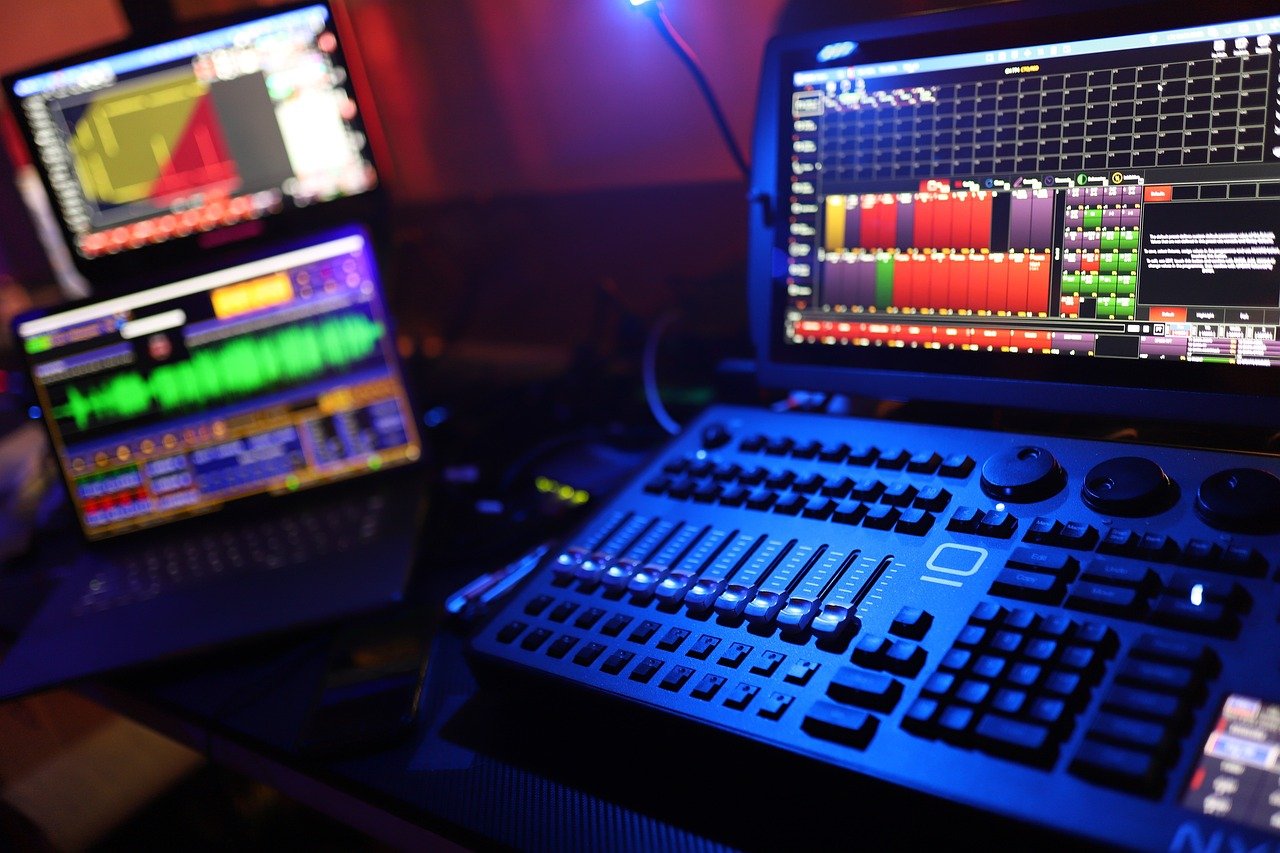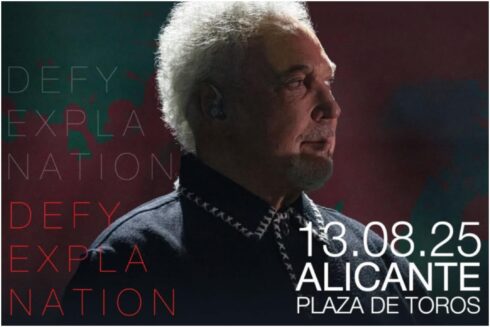As we enter 2024, technology continues to change how music is consumed. The global music streaming industry is expected to reach $41.4 billion by 2030, and pivotal advancements are paving the way for new methods of distribution, personalization and immersion.
AI-Powered Recommendations and Personalization
Spotify and Apple Music among others make use of algorithms driven by artificial intelligence (AI) to process extensive amounts of listener data; this enables them to create playlists that are hyper-personalized. Such a transition not only meets the needs of the audience but also enhances their overall engagement with finding new songs. For example, Spotify’s Discover Weekly selects tracks based on individual taste using AI while YouTube Music lets users make personalized radio stations with its AI-backed features as well as choosing cover arts for their own playlists.
Curating for Mental Health
Moreover, mental wellbeing has become an important area where streaming services can be used effectively in recent years due to increased understanding about the relationship between music and health. Consequently, platforms have started integrating music into tech innovations. Warner Music Group partnered with MediMusic which investigates therapeutic properties of soundscapes through this partnership they hope to provide personalized soundtracks that help people stay focused or uplift their spirits depending on what is required most at any given moment, and anxiety management.
The Emergence of Social Music Streaming
Social networks are rapidly becoming an essential part of the music streaming world. Integrating music streaming with social media allows users to share playlists, collaborate on tracks and interact with content in ways that traditional digital service providers (DSPs) cannot. For instance, TikTok has become a huge music discovery platform where people can engage with user-generated content involving songs thereby influencing their popularity as well as market trends too.
Streaming outside DSPs: Problems and Prospects
The advent of non-DSP streaming across social platforms presents challenges and opportunities alike. These sites offer enormous potential for viral promotion of music but also raise questions about fair payment and copyright infringement.
AR/VR-powered Immersions
Advancements made in augmented reality (AR) and virtual reality (VR) are transforming live music experiences. Fortnite, Roblox among others explore how large audiences can be attracted through virtual concerts coupled with interactive musical encounters; a case in point being Travis Scott’s hugely successful virtual concert which recorded massive participation numbers plus revenues earned from it were equally impressive on all fronts.
Web3 and the Future of Music Streaming
The music industry will be revolutionized by Web3 technologies in the coming years through the introduction of decentralized music streaming services. The idea behind this model is to ensure equitable revenue distribution among artists themselves as they engage directly with their audiences. Blockchain technology has been employed by platforms like Audius which use it as a means of ensuring that musicians get more money from their works than they currently do.
Spotify Music Promotion with advanced Streaming Technologies
Music streaming technologies have revolutionized music promotion Spotify music promotion by offering artists advanced tools and insights. Personalized playlists like Discover Weekly increase exposure for new tracks, while Spotify for Artists provides detailed listener analytics to refine promotional strategies. Social sharing and playlist placements further amplify reach, enabling independent artists to effectively compete with major labels.
Programmatic Advertising and Metadata Improvement
Music streaming platforms are also being affected by programmatic advertising and improved metadata systems. Music discovery becomes easier when metadata is enhanced, not only that but the listener’s experience is also enriched with more contextual information about what they are listening to. Meanwhile, programmatic advertising takes a different approach towards marketing; ads become more relevant based on the listener’s interests and behaviors.
With such technological advancements taking place within these industries; one can expect them to go through radical changes during this period thereby making it possible for people to have personal, engaging and fairer musical experiences irrespective of whether you’re an artiste or just someone who loves listening to good songs. These moves are not just about improving our ways of enjoying music but also laying down foundations upon which creative tech futures may thrive.









